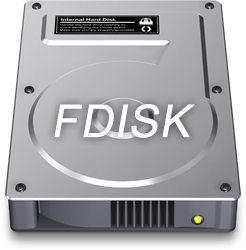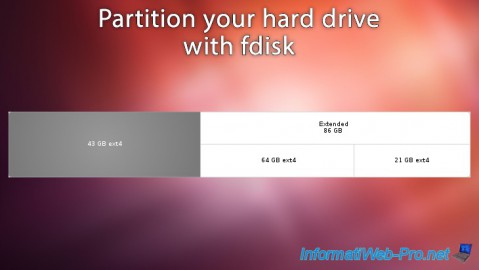fdisk
- Storage
- 18 September 2016 at 14:02 UTC

- Publisher : fdisk
- Documentation : See the official documentation of fdisk
- Categorie : Storage
- OS : Linux
- License : Free
fdisk is a command-line, menu-driven utility used for creating and managing disk partition tables on Linux systems. It supports various partition table formats such as GPT, MBR, Sun, SGI, and BSD, allowing you to organize disk space into logical partitions that the system can use.
Viewing Existing Partitions
You can use fdisk to display the partition table of disks present on your system. The command with the `-l` option lists partitions for all disks or a specified disk, which is essential for identifying the devices (e.g., /dev/sda, /dev/sdb) and the current partition layout before making any changes.
Creating and Modifying Partitions
fdisk enables you to create new partitions, delete existing ones, or change the size and attributes of partitions. Through its interactive dialog interface, it guides you in organizing disk space according to your specific needs, supporting different partitioning schemes.
Advanced Partition Table Management
Beyond basic operations, fdisk supports reading and writing script files compatible with sfdisk, enabling automated partition creation and modification. It also allows manipulation of varied partition table types, including GPT and BSD, providing flexibility for complex system administration environments.
Overall, fdisk is an essential tool for efficiently managing disk partitions on Linux in professional system administration and virtualization contexts.
